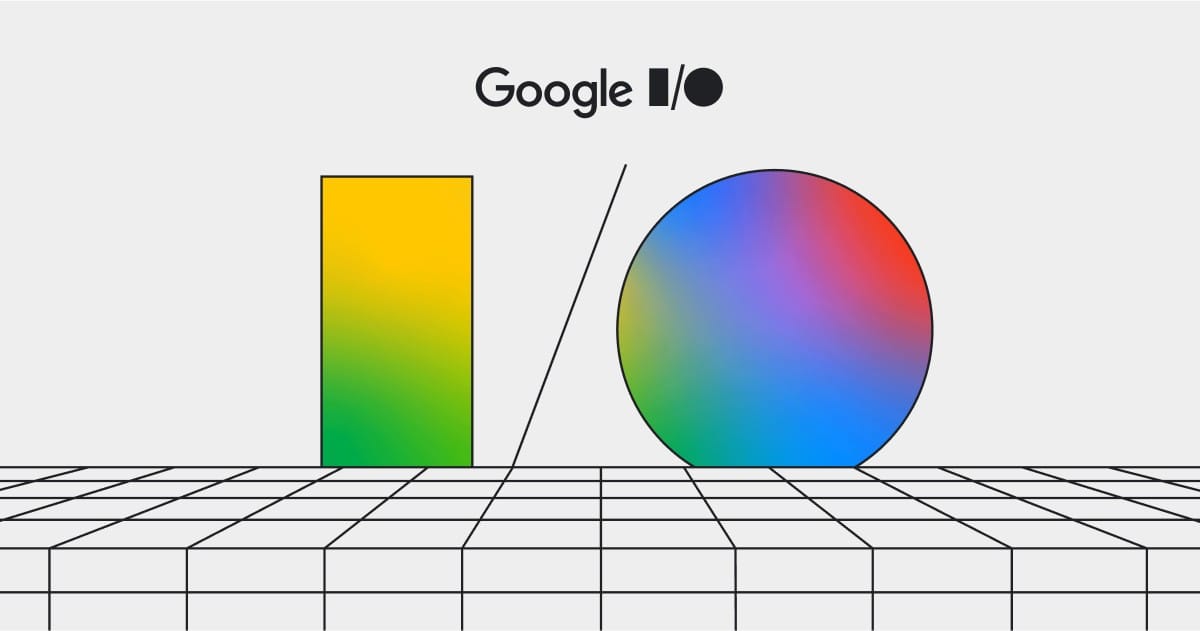Google I/O 2024: Pioneering the Future with AI
Dive deep into the highlights from Google I/O 2024, featuring the latest advancements in Gemini AI and its integration across Google Workspace, Android, and more. Discover how AI is set to transform our interaction with technology.

Google I/O 2024 marked a pivotal moment in the tech giant's trajectory, illustrating a bold vision deeply rooted in artificial intelligence (AI). From enhancing everyday digital interactions to redefining the integration of AI across its vast suite of products and services, Google set the stage for a transformative future.
Gemini AI and Workspace Integration
At the forefront of Google’s announcements was the evolution of Gemini AI, introducing the Gemini 1.5 Flash model. This upgrade brings remarkable enhancements in speed and efficiency, particularly in translation, coding, and reasoning tasks, expanding its capacity to understand context significantly—up to 2 million tokens.
Moreover, the integration of Gemini 1.5 Pro into Google Workspace heralds a new era for productivity tools. Users can expect a seamless AI-powered experience across Docs, Sheets, Slides, Drive, and Gmail, promising not just to assist but to transform how we interact with these tools daily.
Android 15 and Chrome Innovations
Android 15 debuted with features that leverage AI to bolster security and user convenience, including advanced scam detection that alerts users about potential frauds in real-time. Another notable enhancement is the multimodal capabilities of Gemini AI on Android, allowing for interactive engagements with various media types like videos and PDFs directly on users' devices.
Parallelly, Google Chrome is set to integrate Gemini Nano—a streamlined version of the Gemini model—designed to assist users in creating content effortlessly within the browser itself. This feature aims to simplify tasks such as generating social media posts or product reviews, enhancing productivity and user engagement.
Project Astra and Veo: Redefining Multimodal AI
Project Astra, Google's ambitious initiative, introduces a multimodal AI assistant that leverages device cameras to interact with the physical world. This AI can remember where items are placed within your home and perform tasks autonomously, signifying a leap towards more dynamic and practical AI applications.
Simultaneously, Veo, a generative AI model tailored for creators, allows the production of high-quality 1080p videos from text, images, and video prompts. This tool not only diversifies creative expression but also offers customization through various video styles and fine-tuning options.
Innovations in Google Photos: "Ask Photos"
A striking update to Google Photos includes the integration of Gemini AI, enabling the "Ask Photos" feature. This chatbot-like assistant can answer queries about the contents of users' galleries, blending convenience with advanced image recognition technology. This raises intriguing questions about the coexistence of Google Assistant and Gemini, potentially leading to a more integrated AI ecosystem within Google's products.
Google's Vision for AI
Executives at Google I/O shared a transformative vision for AI, emphasizing its potential to revolutionize not just work but everyday life. From enhancing productivity and decision-making to integrating AI into physical environments for more intuitive user interactions, Google's strategy involves making digital and physical worlds seamlessly interconnected through AI.
Additional Highlights from Google I/O 2024
- Google Lens Enhancements: Now supports video searches, enabling users to record videos, ask questions, and receive answers based on video content.
- Gems: A custom chatbot creator that works with Gemini, allowing users to tailor responses and specify areas of expertise.
- Google for Games Developer Summit: Highlighted new tools for game development, emphasizing the use of generative AI to streamline game creation and enhance user engagement.
Google I/O 2024 did not just showcase new products; it outlined a future where AI becomes a central pillar in our digital and physical lives, promising to make our interactions with technology more intuitive, efficient, and personalized. As Google continues to innovate, the horizon of what AI can achieve expands, promising a future where technology continuously adapts to and anticipates user needs.




